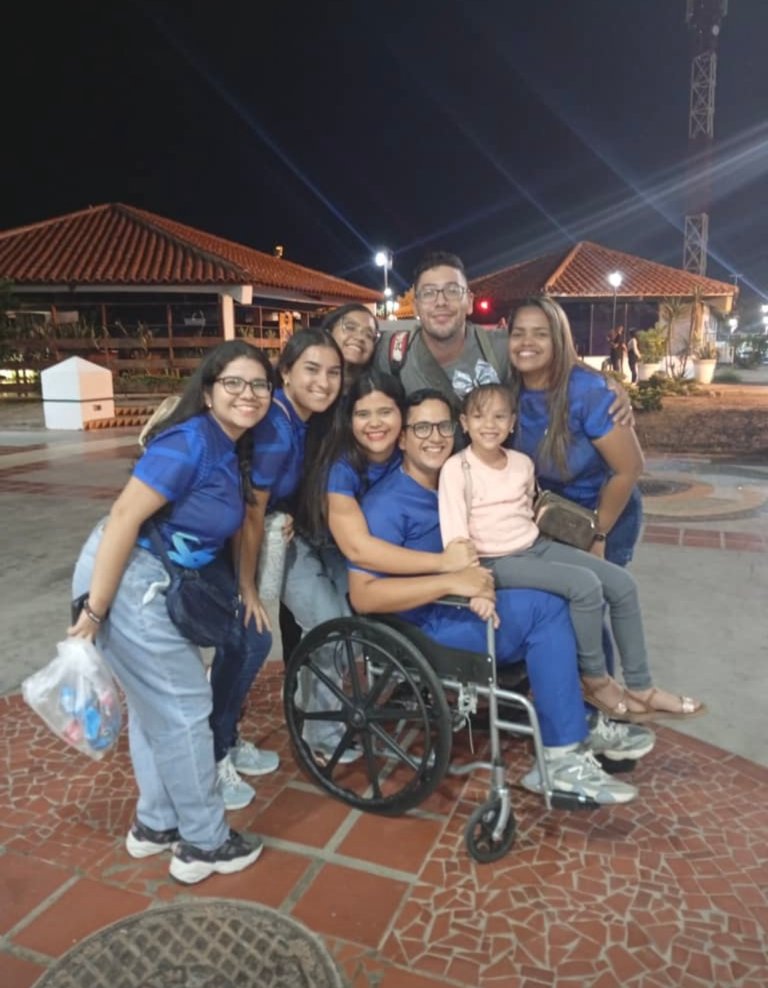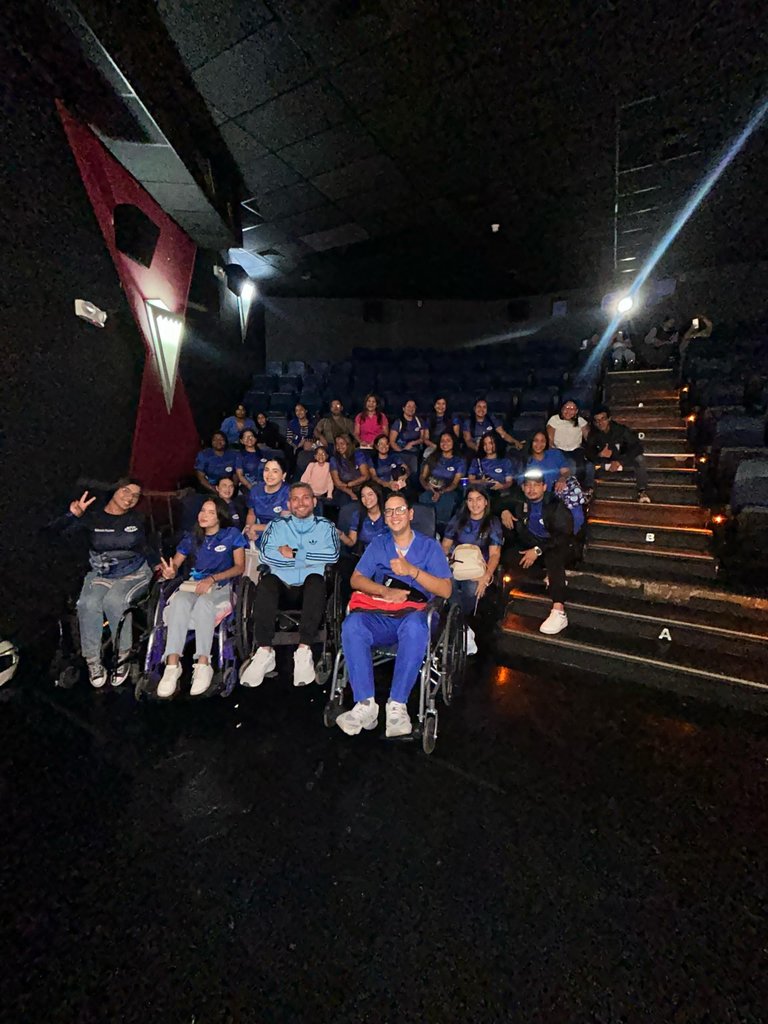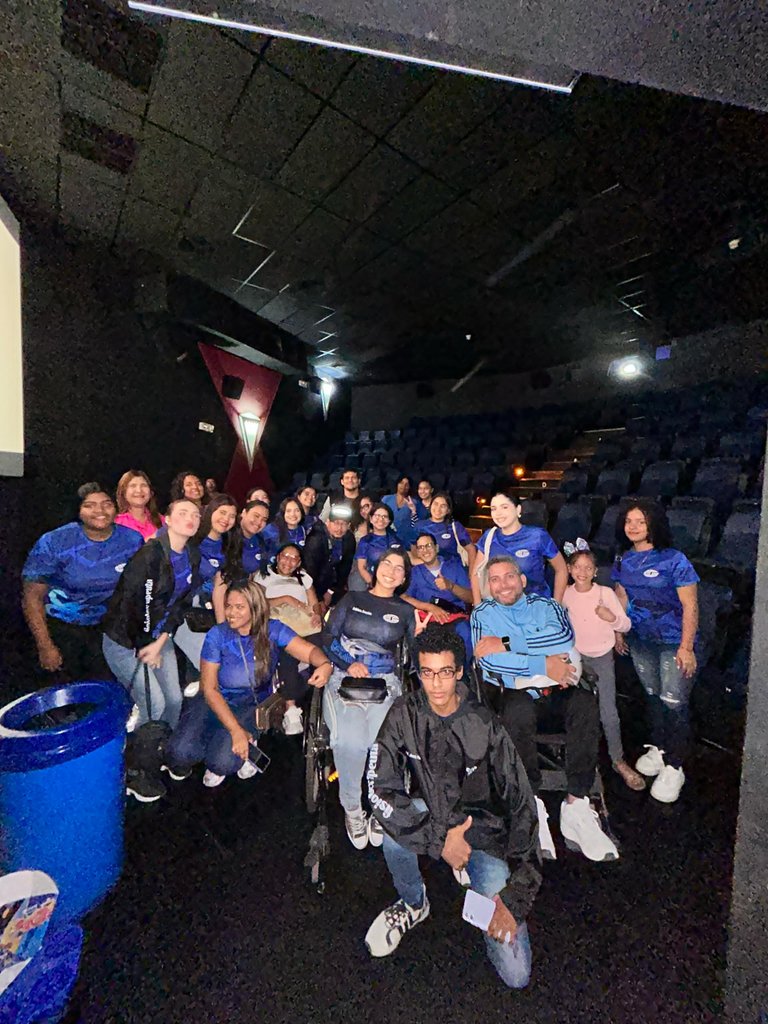As a physiotherapist, I have learned that empathy is a fundamental tool in our practice. Putting yourself in the shoes of others, especially those who use wheelchairs, is essential to offer effective and humane treatment. Every day, I have the opportunity to work with people who face physical challenges that, although they may be invisible to the rest of the world, are very real and meaningful to them.
I remember a session with a patient who had suffered an accident and was in a wheelchair. At first, I felt a little uncomfortable, since I didn't know how to approach his situation. However, I decided to make a conscious effort to understand his perspective. I asked him about his experiences, his frustrations and his desires. As I shared his story, I began to understand not only the physical aspects of his condition, but also the emotional and psychological ones.
Putting yourself in the shoes of someone who uses a wheelchair means recognizing the barriers they face in their daily life. It's not just about physical mobility; it's about how the environment can be an obstacle or an ally. From the accessibility of public spaces to the attitude of the people around them, every detail counts. By understanding these realities, we can adapt our interventions more effectively and offer more meaningful support.
In addition, this empathy allows us to foster a relationship of trust with our patients. When they feel that we are really trying to understand their experience, they are more open to sharing their concerns and goals. This not only improves the quality of treatment, but also empowers patients by making them feel that their voice is heard and valued.
One of the most valuable lessons I have learned is that each patient is unique. Their stories, their struggles and their achievements are different, and it is our responsibility as physiotherapists to approach them from that individuality. By putting ourselves in their shoes, we can design rehabilitation programs that not only focus on physical recovery, but also on emotional and social well-being.
Empathy also helps us recognize our own limitations. Sometimes, we can fall into the trap of thinking that we know what is best for our patients without having fully considered their perspective. Actively listening and being willing to learn from them allows us to grow both professionally and personally.
Putting myself in the shoes of people who use wheelchairs has enriched my practice as a physiotherapist and has deepened my understanding of the human being. Empathy is not only a desirable quality; it is an essential necessity in our profession. By doing so, we not only improve the quality of life of our patients, but we also cultivate an environment where each individual feels valued and understood. Ultimately, we all share the same desire: to live with dignity and fullness, regardless of the circumstances.
……………………………………………..……………………………………………
Como fisioterapeuta, he aprendido que la empatía es una herramienta fundamental en nuestra práctica. Colocarse en los zapatos de los demás, especialmente de aquellos que utilizan sillas de ruedas, es esencial para ofrecer un tratamiento efectivo y humano. Cada día, tengo la oportunidad de trabajar con personas que enfrentan desafíos físicos que, aunque pueden ser invisibles para el resto del mundo, son muy reales y significativos para ellos.
Recuerdo una sesión con un paciente que había sufrido un accidente y se encontraba en una silla de ruedas. Al principio, me sentí un poco incómodo, ya que no sabía cómo abordar su situación. Sin embargo, decidí hacer un esfuerzo consciente por entender su perspectiva. Le pregunté sobre sus experiencias, sus frustraciones y sus deseos. A medida que compartía su historia, empecé a comprender no solo los aspectos físicos de su condición, sino también los emocionales y psicológicos.
Colocarse en los zapatos de alguien que utiliza una silla de ruedas significa reconocer las barreras que enfrentan en su vida diaria. No se trata solo de la movilidad física; se trata de la forma en que el entorno puede ser un obstáculo o un aliado. Desde la accesibilidad de los espacios públicos hasta la actitud de las personas que los rodean, cada detalle cuenta. Al comprender estas realidades, podemos adaptar nuestras intervenciones de manera más efectiva y ofrecer un apoyo más significativo.
Además, esta empatía nos permite fomentar una relación de confianza con nuestros pacientes. Cuando ellos sienten que realmente estamos tratando de entender su experiencia, se abren más a compartir sus preocupaciones y metas. Esto no solo mejora la calidad del tratamiento, sino que también empodera a los pacientes al hacerles sentir que su voz es escuchada y valorada.
Una de las lecciones más valiosas que he aprendido es que cada paciente es único. Sus historias, sus luchas y sus logros son diferentes, y es nuestra responsabilidad como fisioterapeutas abordarlos desde esa individualidad. Al colocarnos en sus zapatos, podemos diseñar programas de rehabilitación que no solo se centren en la recuperación física, sino también en el bienestar emocional y social.
La empatía también nos ayuda a reconocer nuestras propias limitaciones. A veces, podemos caer en la trampa de pensar que sabemos lo que es mejor para nuestros pacientes sin haber considerado completamente su perspectiva. Escuchar activamente y estar dispuestos a aprender de ellos nos permite crecer tanto profesional como personalmente.
Ponerme en los zapatos de las personas que utilizan sillas de ruedas ha enriquecido mi práctica como fisioterapeuta y ha profundizado mi comprensión del ser humano. La empatía no es solo una cualidad deseable; es una necesidad esencial en nuestra profesión. Al hacerlo, no solo mejoramos la calidad de vida de nuestros pacientes, sino que también cultivamos un entorno donde cada individuo se siente valorado y comprendido. En última instancia, todos compartimos el mismo deseo: vivir con dignidad y plenitud, independientemente de las circunstancias.



Congratulations @eli1999! You have completed the following achievement on the Hive blockchain And have been rewarded with New badge(s)
Your next target is to reach 30 posts.
You can view your badges on your board and compare yourself to others in the Ranking
If you no longer want to receive notifications, reply to this comment with the word
STOPCheck out our last posts: